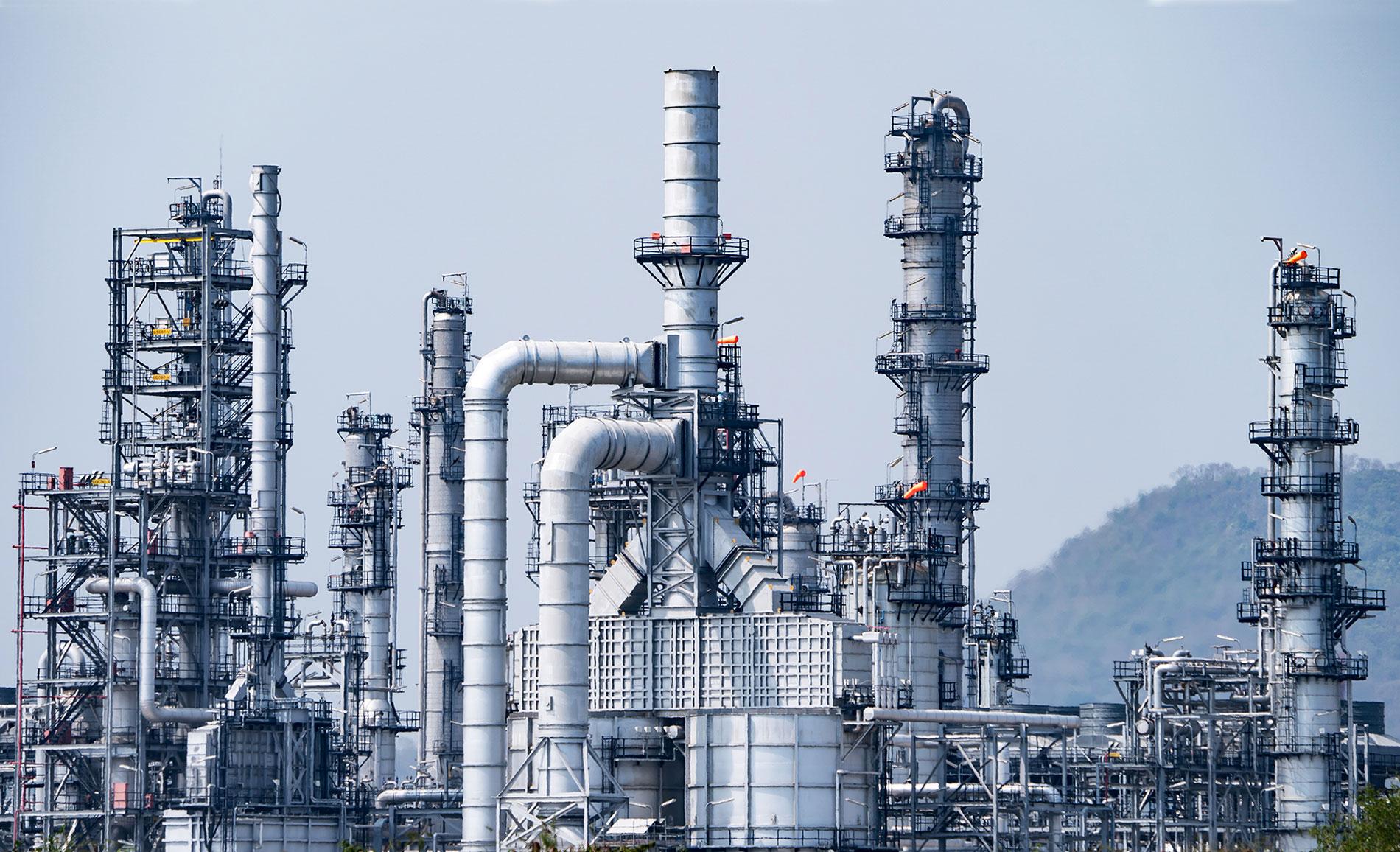In the vast realm of industrial chemicals, a multitude of classes exists, each with its unique properties, applications, and implications. Understanding these classes is crucial for professionals and enthusiasts alike, as it enables us to comprehend the diverse world of industrial chemistry. In this article, we embark on a journey to unravel the intricacies of industrial chemical classes, shedding light on their significance and providing practical insights.
- Inorganic Chemicals:
At the foundation of industrial chemistry lie inorganic chemicals, which encompass compounds lacking carbon-hydrogen (C-H) bonds. This class comprises minerals, acids, bases, salts, and various metal compounds. From the ubiquitous sodium chloride to the versatile sulfuric acid, inorganic chemicals find applications in diverse sectors such as manufacturing, agriculture, and pharmaceuticals. - Organic Chemicals:
Organic chemicals, in contrast to their inorganic counterparts, contain carbon-hydrogen (C-H) bonds. This class encompasses a vast array of compounds, including hydrocarbons, alcohols, aldehydes, ketones, acids, esters, and polymers. Organic chemicals serve as the building blocks for countless products, ranging from plastics and solvents to pharmaceuticals and dyes. - Petrochemicals:
Derived from crude oil or natural gas, petrochemicals form a crucial class of industrial chemicals. These compounds undergo various refining processes to yield valuable products such as ethylene, propylene, benzene, and toluene. Petrochemicals serve as the backbone for the production of plastics, synthetic fibers, rubber, detergents, and an array of other essential materials. - Specialty Chemicals:
Specialty chemicals encompass a diverse range of compounds tailored for specific applications. This class includes catalysts, enzymes, pigments, dyes, flavors, fragrances, and performance chemicals. With their unique properties and functionalities, specialty chemicals find application in industries such as cosmetics, food and beverages, pharmaceuticals, and electronics. - Agrochemicals:
The class of agrochemicals encompasses pesticides, herbicides, fungicides, and fertilizers. These chemicals play a vital role in modern agriculture, aiding in crop protection, enhancing yields, and ensuring food security. With the ever-growing global population, agrochemicals continue to evolve, striking a balance between productivity and environmental sustainability. - Pharmaceutical Intermediates:
Pharmaceutical intermediates are a critical class of chemicals used in the synthesis of active pharmaceutical ingredients (APIs). These compounds undergo various chemical reactions to form the core components of medications. The pharmaceutical industry heavily relies on these intermediates to develop safe and effective drugs to combat diseases and improve human health.
Conclusion:
The world of industrial chemicals is a complex tapestry, woven with diverse classes that shape our modern lives. From inorganic and organic chemicals to petrochemicals, specialty chemicals, agrochemicals, and pharmaceutical intermediates, each class serves a unique purpose in various industries. By understanding these classes, we gain insights into the applications, benefits, and potential risks associated with industrial chemicals, fostering innovation, sustainability, and safety in our ever-evolving world.


